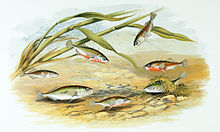
Esquire is usually a courtesy title. In the United Kingdom, esquire historically was a title of respect accorded to men of higher social rank, particularly members of the landed gentry above the rank of gentleman and below the rank of knight. Some sources cite that the title was bestowed on "candidates for knighthood in England", and even used with respect to other dignitaries, such as justices of the peace, sheriffs, and sergeants.
The Office of Public Sector Information (OPSI) is the body responsible for the operation of His Majesty's Stationery Office (HMSO) and of other public information services of the United Kingdom. The OPSI is part of the National Archives of the United Kingdom and is responsible for Crown copyright.
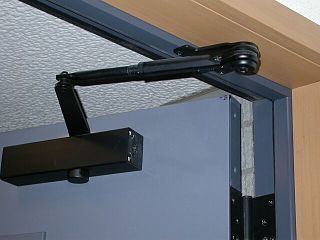
A door closer is a mechanical device that regulates the speed and action of a door’s swing. Manual closers store the force used to open the door in some type of spring and reuse it to close the door. Automatic types use electricity to regulate door swing behavior.

Aubrey Beauclerk, 6th Duke of St Albans was an English aristocrat and politician.
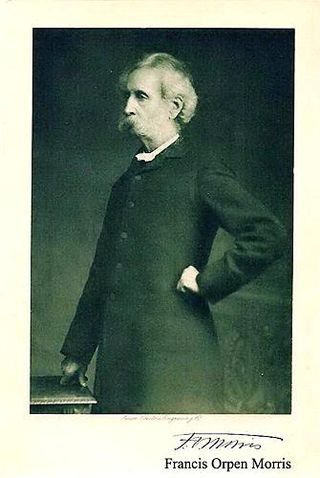
Francis Orpen Morris was an Anglo-Irish clergyman, notable as "parson-naturalist" and as the author of many children's books and books on natural history and heritage buildings. He was a pioneer of the movement to protect birds from the plume trade and was a co-founder of the Plumage League. He died on 10 February 1893 and was buried at Nunburnholme, East Riding of Yorkshire, England.
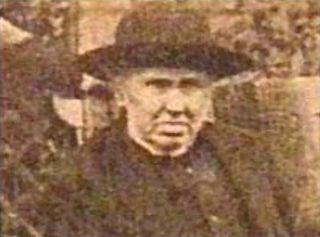
Benjamin Fawcett was an English nineteenth century wood-engraver and colour printer.

Alexander Francis Lydon was an Irish-born British watercolour artist, illustrator and engraver of natural history and landscapes. He worked for Benjamin Fawcett the printer, to whom he had been apprenticed from an early age. He collaborated on a large number of works with the Rev. Francis Orpen Morris who wrote the text.

The Reverend William Houghton (1828–1895) was an English naturalist and clergyman, noted for being the author of British Fresh-Water Fishes.

William Douglas, 4th Duke of Queensberry, was a Scottish noble landowner. He was popularly known as Old Q and was reputed as a high-stakes gambler. In 1799 he was estimated the eighth-wealthiest man in Britain, owning £1M. He is one of ten known British millionaires that year, the royal family excluded.
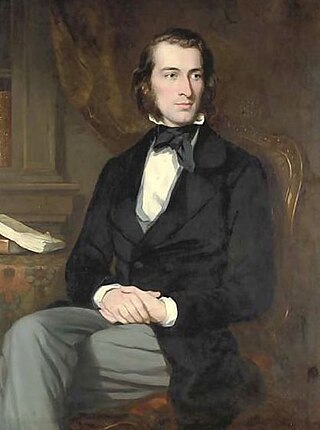
Matthew Piers Watt Boulton, also published under the pseudonym M. P. W. Bolton, was a British classicist, elected member of the UK's Metaphysical Society, an amateur scientist and an inventor, best known for his invention of the aileron, a primary aeronautical flight control device. He patented the aileron in 1868, some 36 years before it was first employed in manned flight by Robert Esnault-Pelterie in 1904.

George Manners Astley, 20th Baron Hastings, 10th Baronet Astley succeeded to the Hastings barony upon the death of his unmarried brother in 1875.
Frederick Mackenzie (1787–1854) was a British watercolourist and architectural draughtsman.

Brantingham Thorpe is a Grade II listed country house near Brantingham in the East Riding of Yorkshire, England. It was once owned by the Sykes family of Sledmere. According to Francis Orpen Morris (1880) "Brantingham Thorpe stands on a high terrace commanding a most extensive and beautiful view of the course of the river Humber for more than twenty miles." George Devey worked on the house.

Robert Stearne Tighe (1760–1835) was an Irish writer and Fellow of the Royal Society.
Louisa Grace Beauclerk, Duchess of St Albans, was a British noblewoman and the second wife of Aubrey Beauclerk, 6th Duke of St Albans.

The Department of the Director of Underwater Weapons Materials originally known as the Torpedo Department was a former department of the British Department of Admiralty from 1917 to 1958 when it became the Underwater Weapons Division of the Weapons Department.
Sir David Hunter-Blair, 3rd Baronet (1778–1857) was a Scottish plantation owner in Jamaica. He also held the office of King's Printer in Scotland.
In the 19th century, in the period roughly 1820 to 1860, there were repeated Bible monopolies campaigns in the United Kingdom. They were aimed at removing monopolies, in the form of patents awarded to the King's Printers for England and Wales and for Scotland, respectively, in the publication of the Authorized Version of the Bible in English. These monopolies were not absolute, since they were shared with other institutions, and might not apply to Bibles with value added by illustrations, or annotations. But they were a barrier to cheap publishing of Bibles in large editions.

The Rhydd is an English country house and hamlet, alongside the River Severn, near the village of Hanley Castle, Worcestershire, about halfway between Malvern and the small town of Upton-upon-Severn. The house is now a care home.

Samuel Holt was a British weaver, inventor and industrialist who emigrated to the United States in later life.

